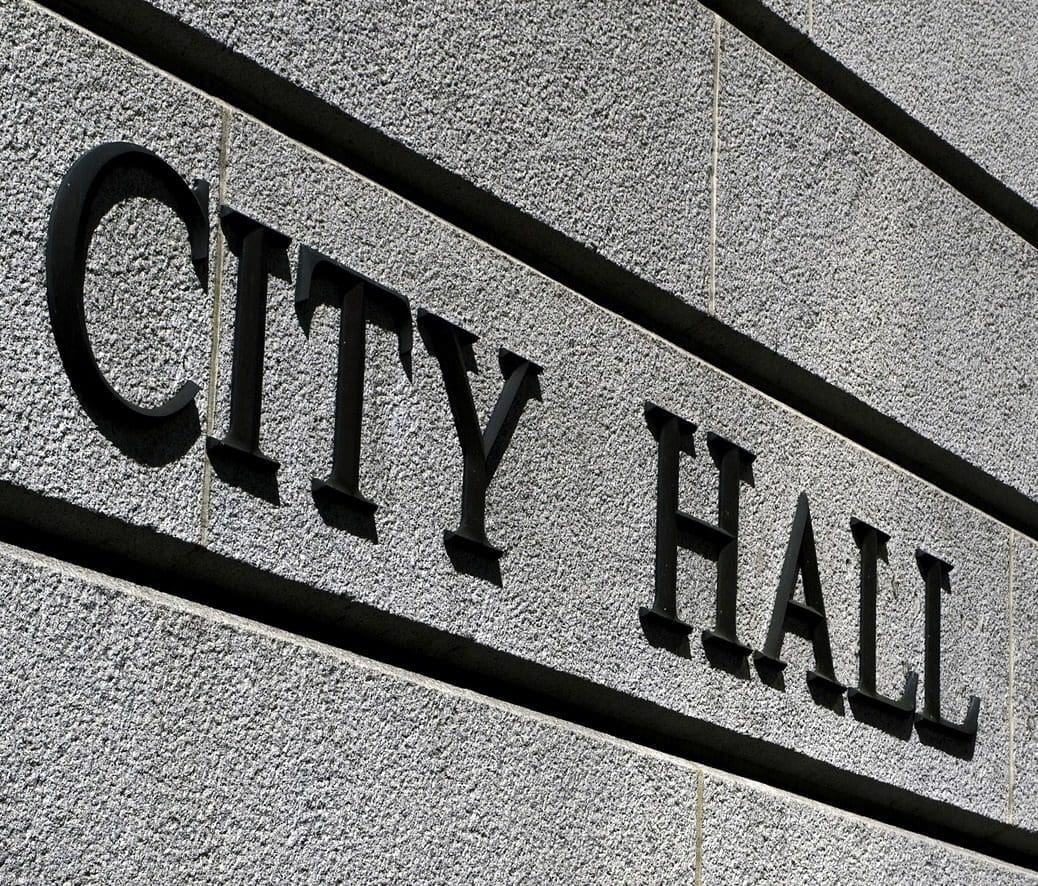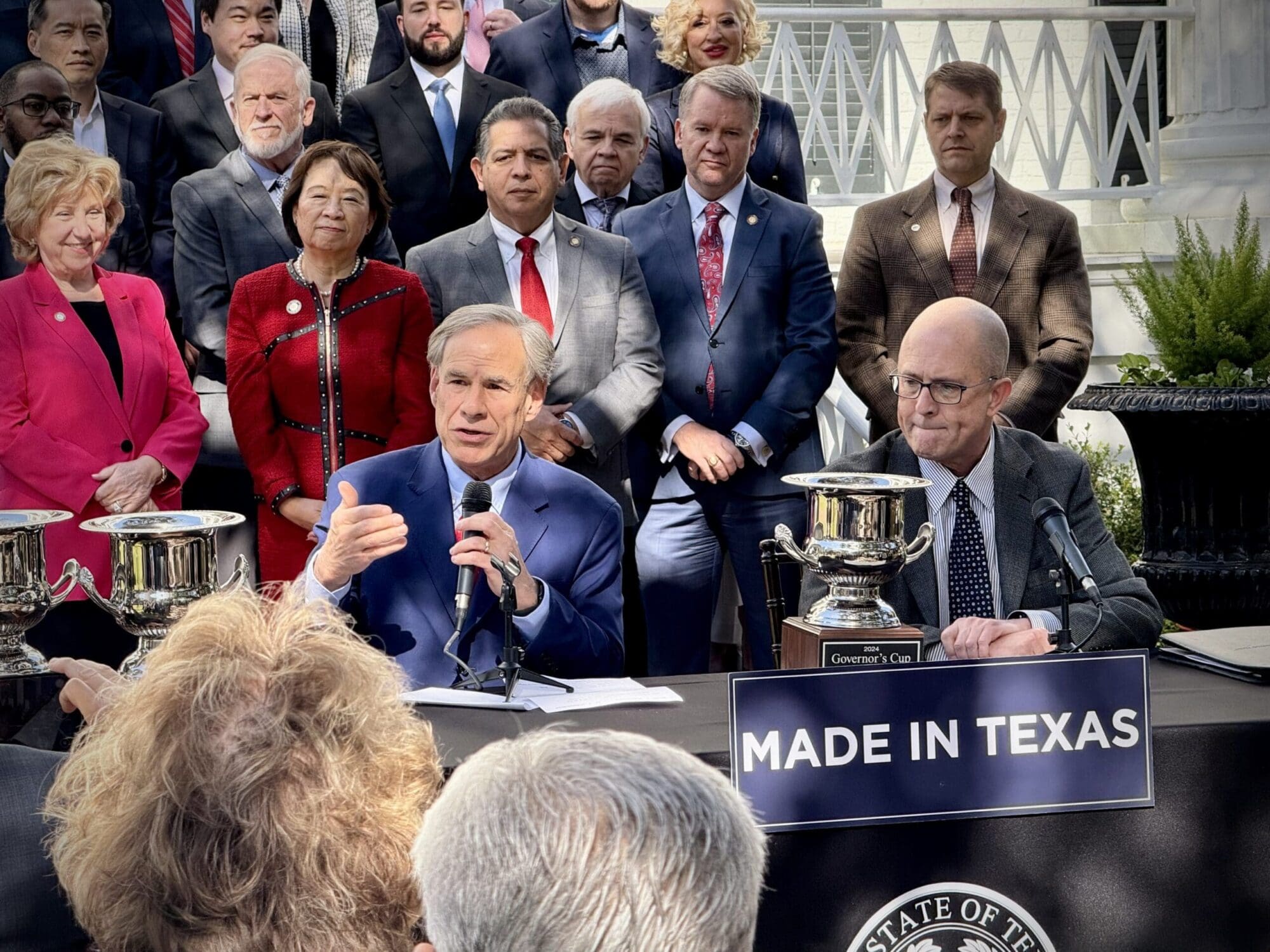The ongoing fight between lawmakers and local officials in the 86th Texas Legislature continues, and one local official is ramping up his efforts to oppose new legislation that would control runaway property taxes and reduce restrictive fines and fees.
Documents obtained by Texas Scorecard, including a letter from City of Fate Mayor Lorne Megyesi to State Rep. Justin Holland (R-Rockwall), show precisely the type of animus many city officials have for conservative reform.
Megyesi’s letter was penned in response to House Bill 852, a bill authored by Holland which would require local governments to charge businesses only the cost-of-service for things like building permits or inspections—services local government officials often take advantage of by marking up the price and pocketing the rest.
Megyesi made it clear Holland was at odds with Fate in attempting to protect community businesses from the city’s price mark-ups, and if he didn’t pull the bill, “the public will suffer.”
“I am writing to ask you to withdraw your recently filed HB 852, prohibiting value based permit fees,” wrote Megyesi.
He then gave a long explanation of how losing the ability to mark up the price would result in city officials withholding essential services from taxpayers.
“The city considers building permits one-time revenue and although needed for operations, any surplus funds are saved and then immediately re-budgeted in the next fiscal year for capital improvements like streets or fire air packs (SCBA) replacements. Because of how we conservatively budget and due to the rate at which we’re growing, we’ve been able to do significant street work over the last two fiscal years while not raising our tax rate nor implementing a controversial street use fee for road work.
If your bill continues and becomes law, the public will suffer while development interests profit.”
According to Megyesi, if he can’t charge exorbitant fines and fees, then “the public will suffer.”
But not only are the fees Megyesi begs for excessive—they might be illegal.
An additional document includes a notice from the Dallas Builders Association stating, “User fees that generate revenue in excess of the cost to administer the program are deemed an illegal occupation tax under Article VIII of the Texas Constitution. Fate’s letter essentially admits to levying such a tax.”
It continues:
“Chapter 395 of the Texas Local Government Code outlines the means for cities to assess impact fees related to the demand new development places on roadway, water and sewer infrastructure. HB 852 seeks to amend Chapter 214 of the Texas Local Government Code. As such, the bill has zero impact on a municipality’s legal means of funding infrastructure necessitated by new development.”
Megyesi’s claim that taxpayers will go without basic city services like roads, police, and fire—or that entities will have to raise taxes or double down on fines and fees in order to ensure delivery of services—is a tired line the big government lobby has used for years.
When reached for comment, Holland said he has no intention of pulling the bill.
“No, I will not be pulling the bill down,” Holland said. “We have received a broad range of support for the bill, including that of stakeholders and even city officials.”
Despite the rhetoric of the letter, Holland said he has a civil relationship with all of the local officials in his district, including Megyesi.
“I hope everyone will continue to come to the table and work to find solutions,” Holland said.
Holland, a realtor by trade, said the bill fixes the current system that allows cities to raise the cost of home building and development, which ultimately results in higher prices and property taxes for homeowners.
“Ultimately this is just an increased cost on builders or developers that is going to be passed on to the end consumer” he said. “We want to help the home owner and help the taxpayer.”
HB 852 appears to be a measure that would correct cities and municipalities that have been at odds with state constitutional provisions in recent years and have been taking advantage of developers and job creators in the private sector. The bill would curtail governmental entities from tethering the price of building permits or inspection fees to the cost of the development, sale price, or some other valuation, rather than the cost incurred by the entity for performing the duties necessary to carry out the registration, inspection, etc.
And if the first six weeks of the 86th Legislature have revealed anything so far, it’s that government officials, and the lobbyists they employ to represent them, will say just about anything to avoid reforming their practices or bringing taxpayers relief—even if it means intimidating lawmakers and threatening taxpayers’ access to streets and emergency services.
Texas lawmakers, including Holland, should continue to stand tall in defense of their constituents’ best interests this session. And with Texas House Speaker Dennis Bonnen and Lt. Gov. Dan Patrick joining Gov. Greg Abbott right out of the gate this session to make clear the chambers of the legislature would not be pitted against one another, representatives can continue to work towards bold reforms for our state that make government more transparent, more accountable, and less obtrusive.
State Rep. Justin Holland
Capitol Phone: (512) 463-0484
justin.holland@house.texas.gov
Fate Mayor Lorne Megyesi
Fate City Hall: (972) 771-4601
lornemegyesi@cityoffate.com





